Here They Are: The 12 Best Serums of All Time If You Have Oily Skin

If you have oily skin, it's easy to make a lot of mistakes in the skincare department. So many people (myself included, once upon a time) think you should dry out oily skin in order to keep it more balanced, but this often makes it worse. It's also entirely another beast if you're oily and acne prone. Ugh.
I'm here to help take the guesswork out of things, though. When shopping for the best serums, there are a couple things (and ingredients) to keep in mind if you have oily skin. I asked two dermatologists to give me the lowdown on exactly which ingredients work well for oily skin types and what their serum recommendations are. Check out what they had to share below.
The Best Ingredients for Oily Skin

If you're unsure where to start when it comes to serum shopping for oily skin, dermatologists have a few key ingredients they swear by. Board-certified dermatologist Brendan Camp, MD, says vitamin C is a favorite, for starters. "Vitamin C is a skincare ingredient that can be used on most types of skin, including oily skin," he says. "Finding a product that is lightweight and does not leave a thick residue is important when buying skincare for oily skin." He also recommends a good oil-free moisturizer and salicylic acid: "Salicylic acid is a beta hydroxy acid (BHA) that is hydrophobic, which allows it to penetrate deep in pores and flush them of excess oil and residue."
Board-certified cosmetic dermatologist Divya Shokeen, MD, recommends serums that contain retinol and AHAs in addition to BHAs. "Retinoids help to reduce oil production, while AHAs and BHAs are great for reducing the appearance of pores," she shares. Find a few of their recommended serums below along with some of my own favorites.
The Best Serums for Oily Skin
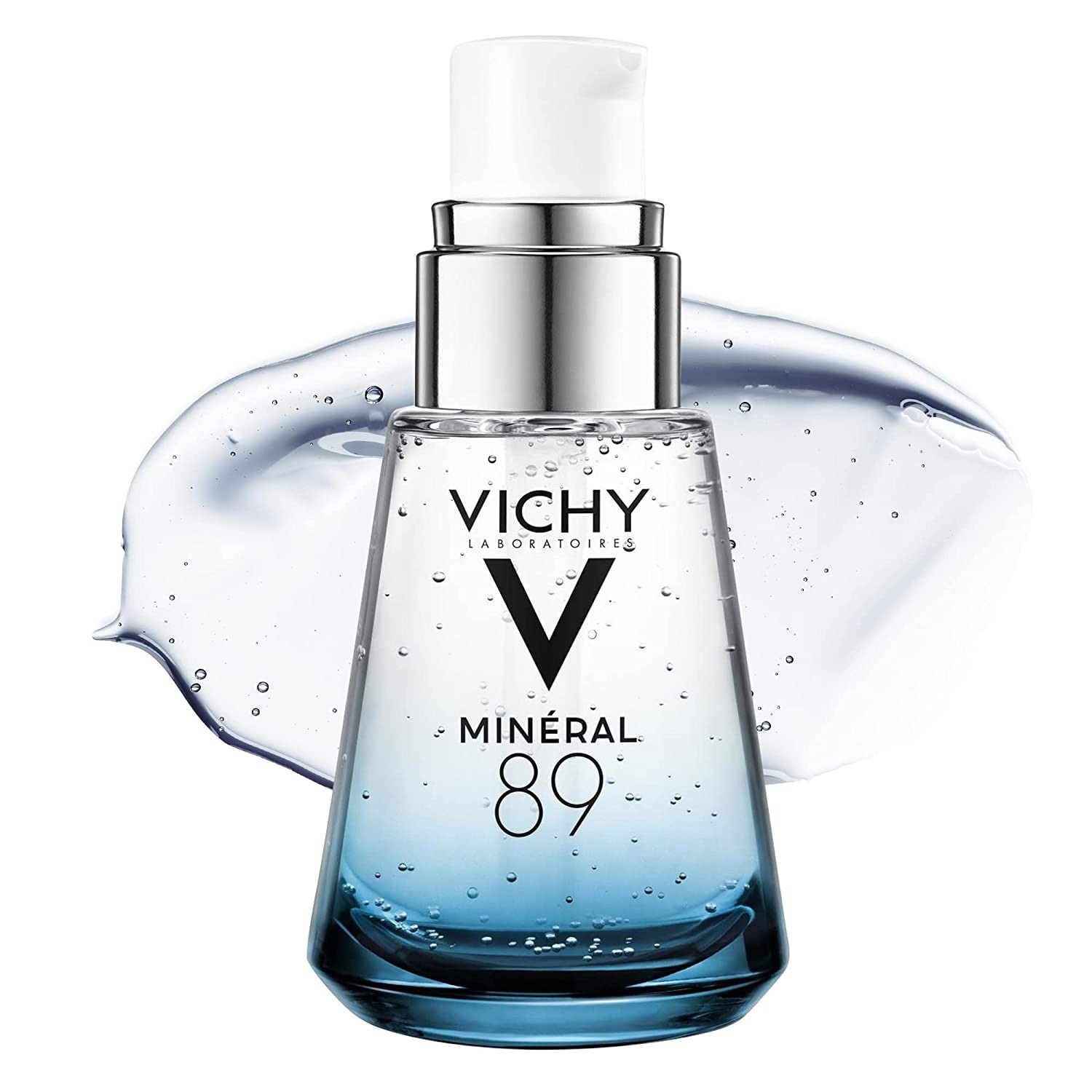
"Hyaluronic acid is an effective humectant, meaning it helps skin retain moisture. This lightweight formula is especially effective for dry skin but can also be enjoyed by those with more oily skin." — Camp
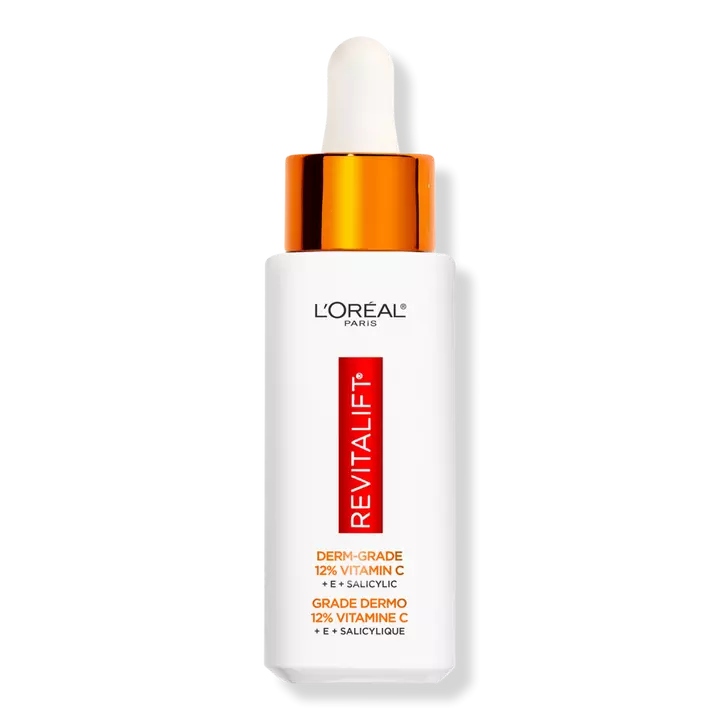
"The vitamin C and E in this serum act as antioxidants to address oxidative stressors, while salicylic acid helps improve the appearance of pores and brightens skin." — Camp
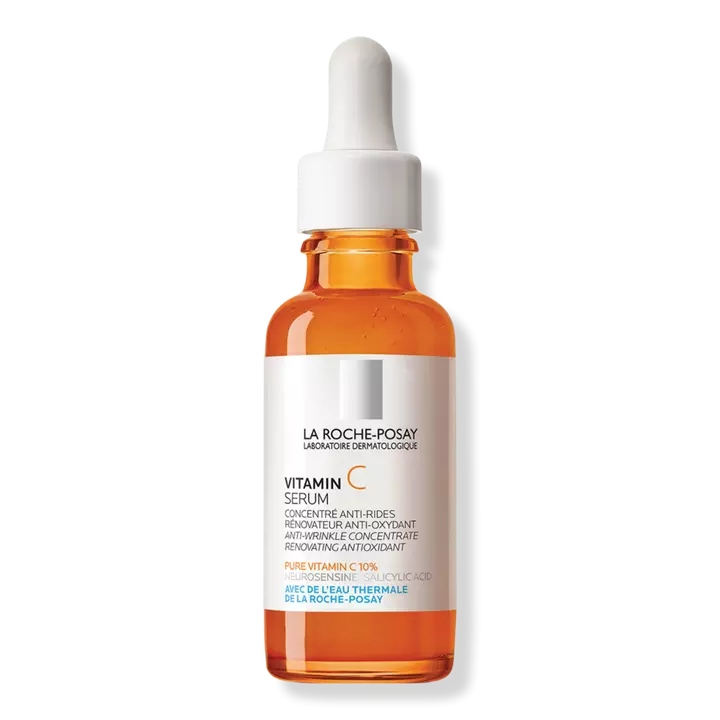
"Vitamin C is an anti-aging ingredient included in this serum that can be used on the face and neck. Salicylic acid helps skin appear brighter and clearer." — Camp
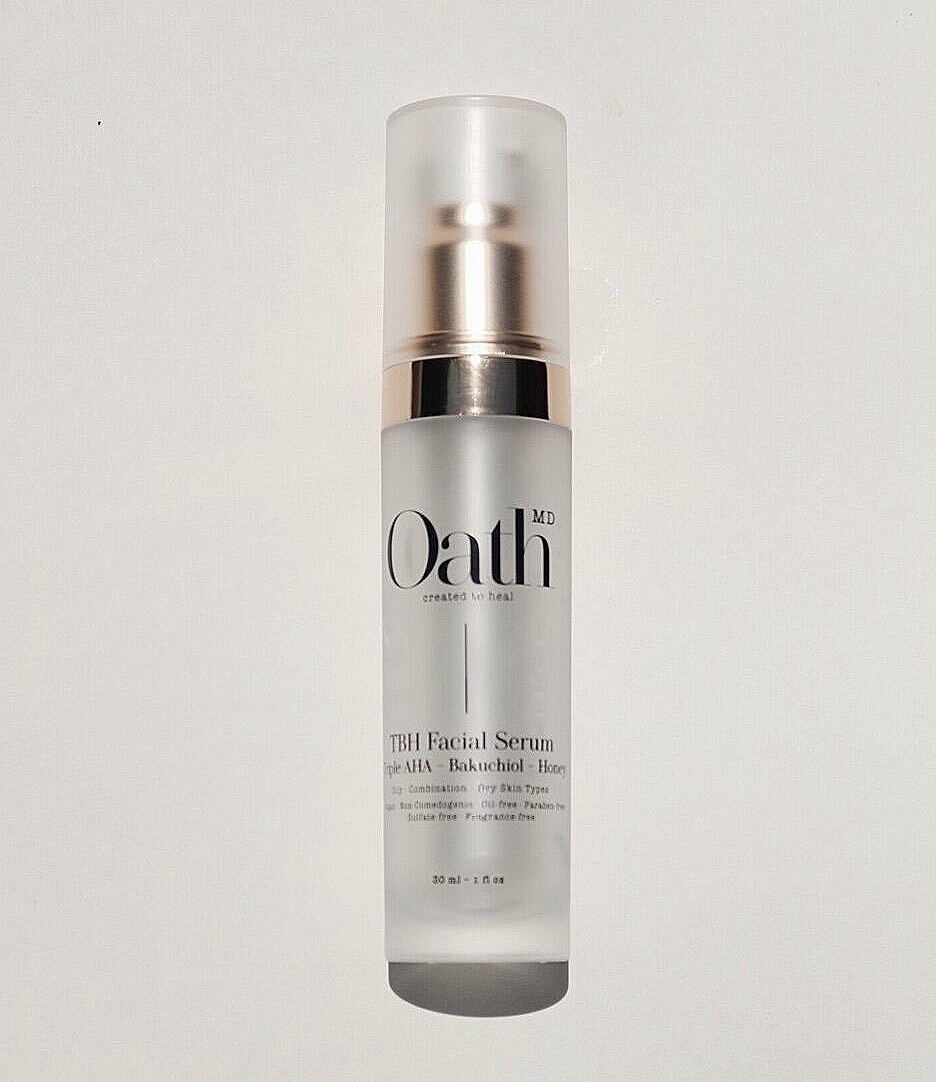
"With three alpha hydroxy acids, this serum is great for smoother texture and skin quality." — Shokeen
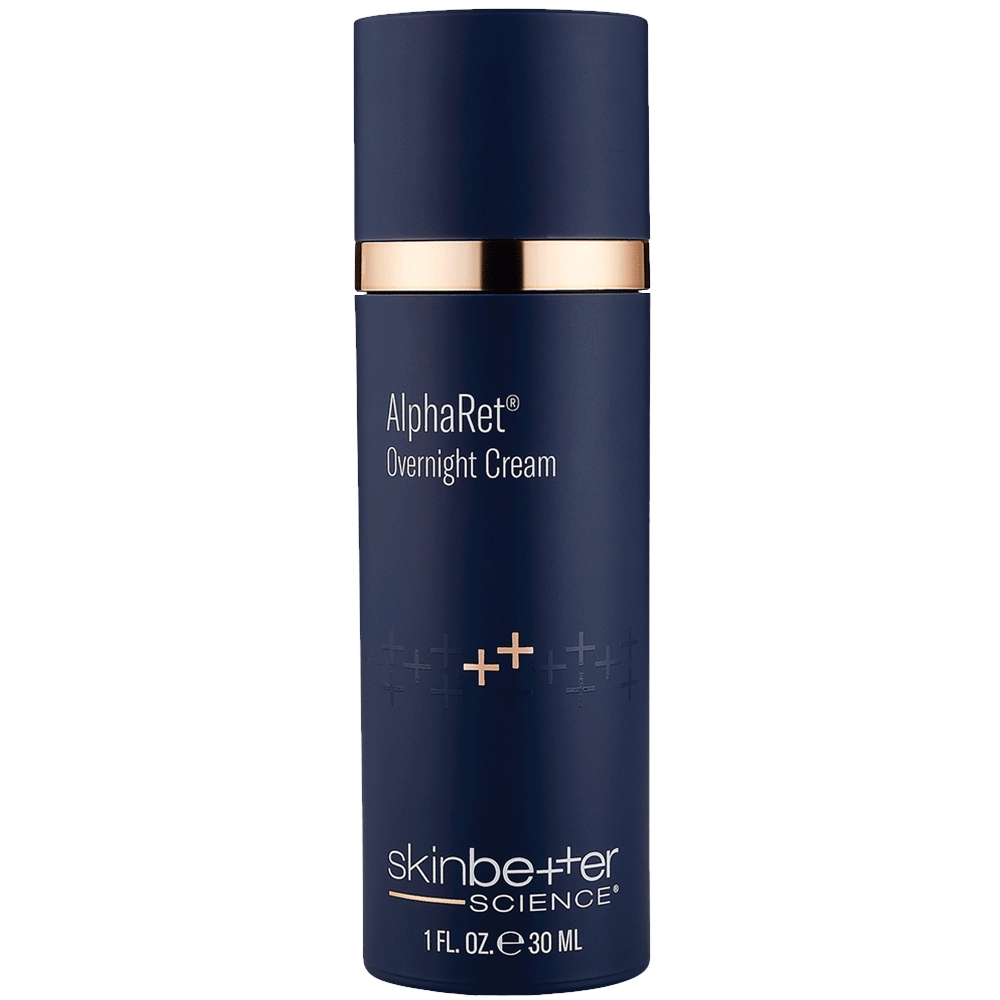
"This contains a combination of alpha hydroxy acids and retinol, which makes it perfect for someone who has oily, less-sensitive skin." — Shokeen
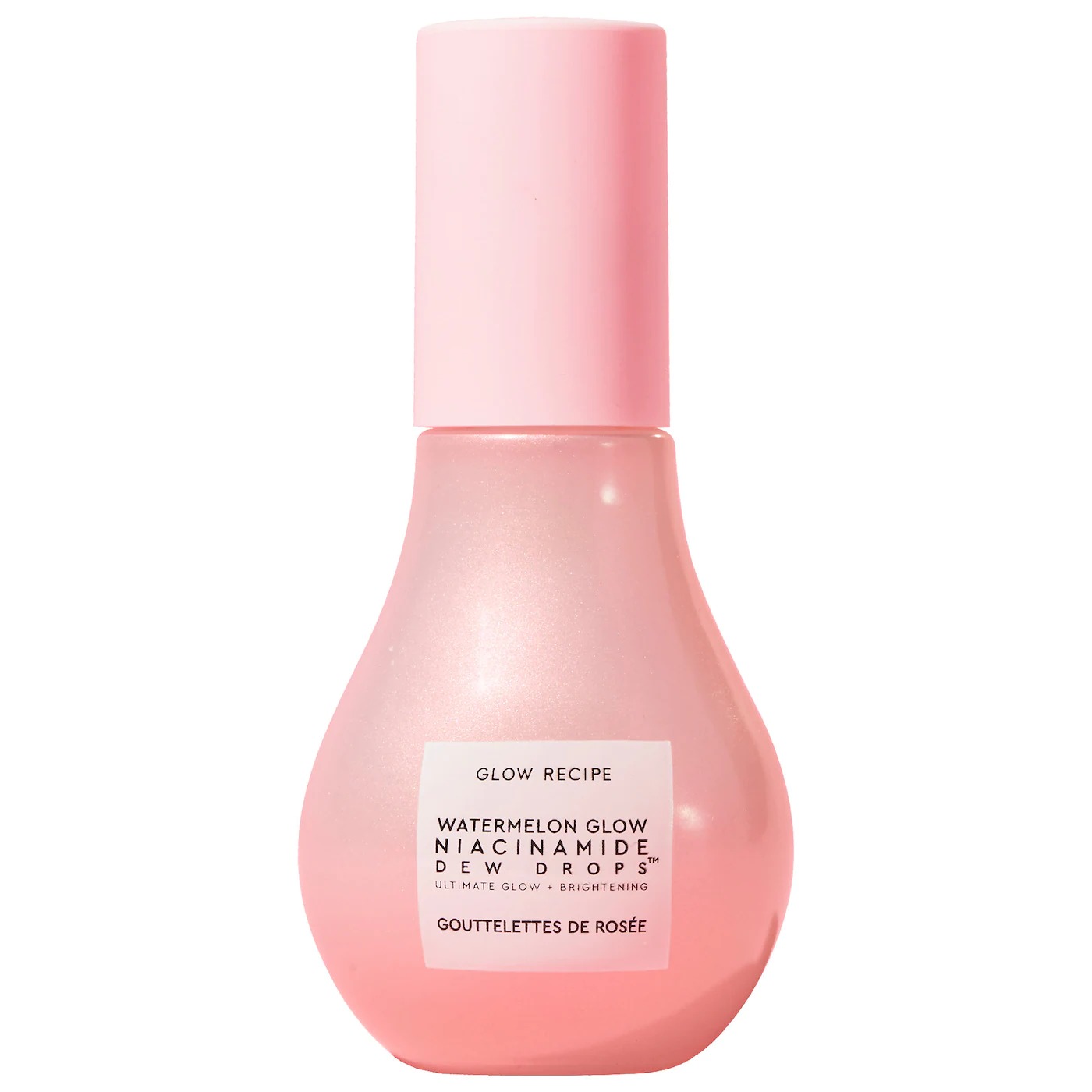
Glow Recipe's lightweight formula contains niacinamide to help reduce hyperpigmentation and surface oil, watermelon to brighten the skin, and hyaluronic acid for extra moisture. It gives skin a youthful glow without making it appear oilier.
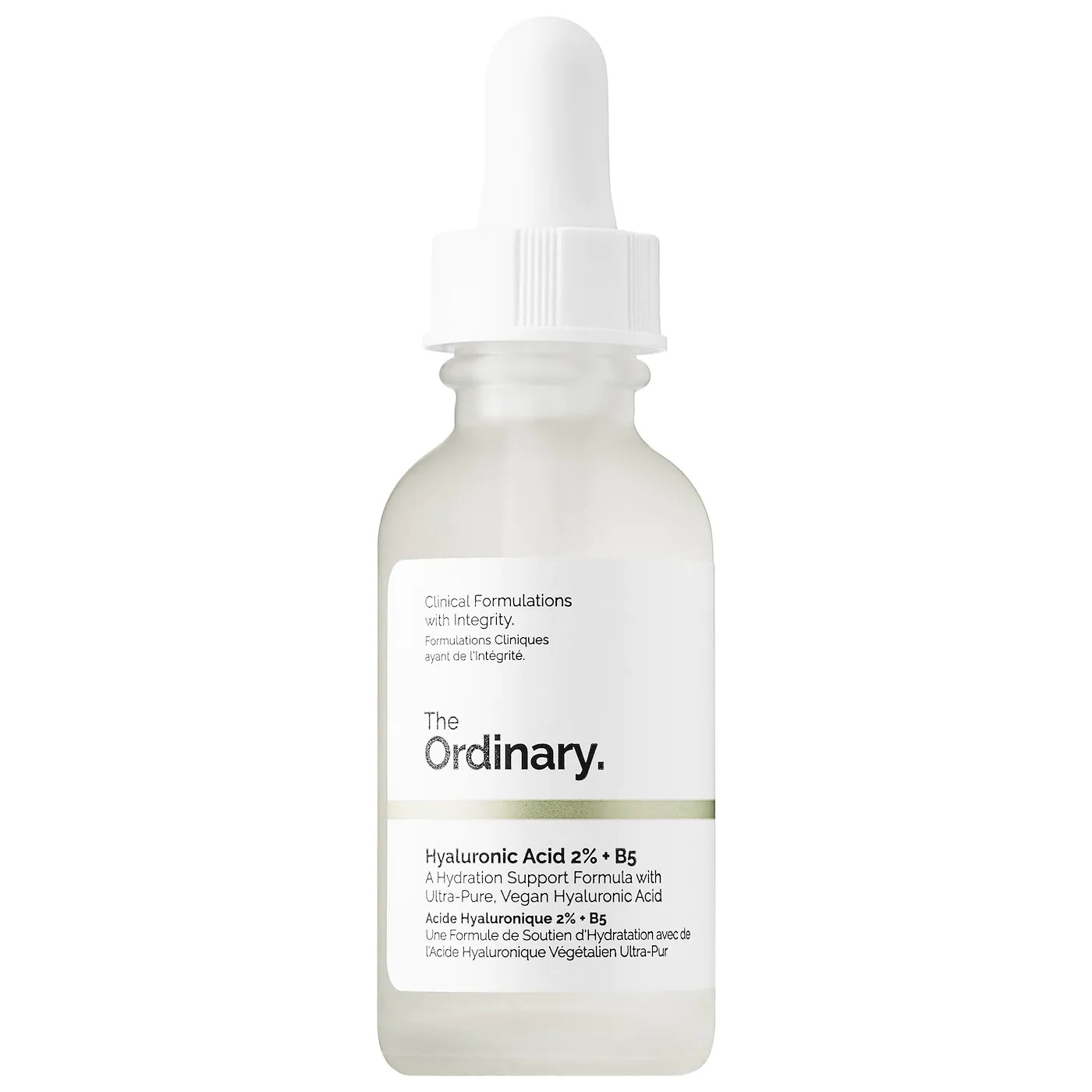
This hyaluronic acid serum from The Ordinary is a great option for oily skin, as it combines low-, medium-, and high-molecular-weight hyaluronic acid to support skin hydration without other potentially pore-clogging ingredients.
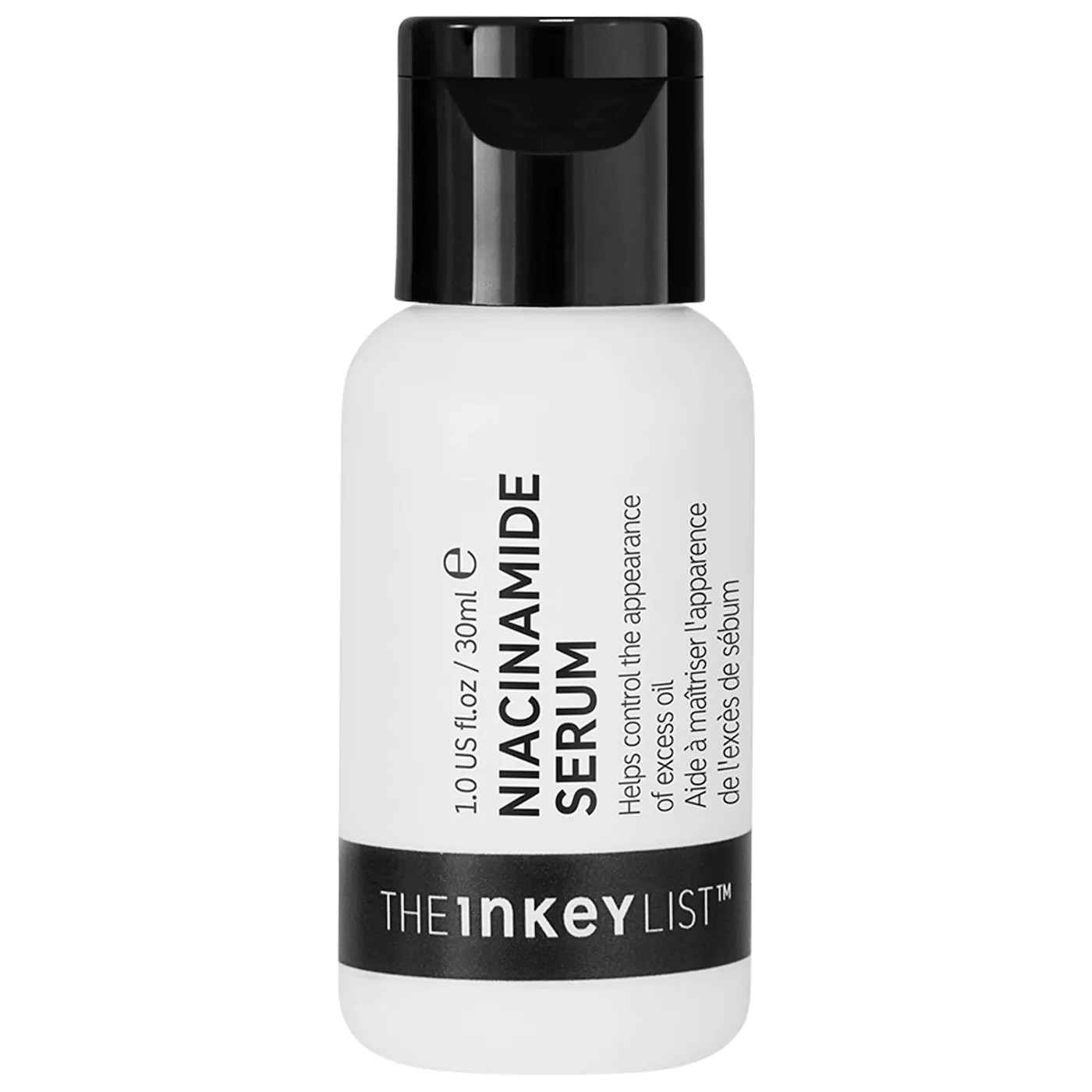
Niacinamide is the perfect ingredient for those with oily skin. It helps control oil and reduces blemishes and hyperpigmentation. Luckily, The Inkey List offers a serum with 10% pure niacinamide and 1% hyaluronic acid to hydrate and plump the skin.
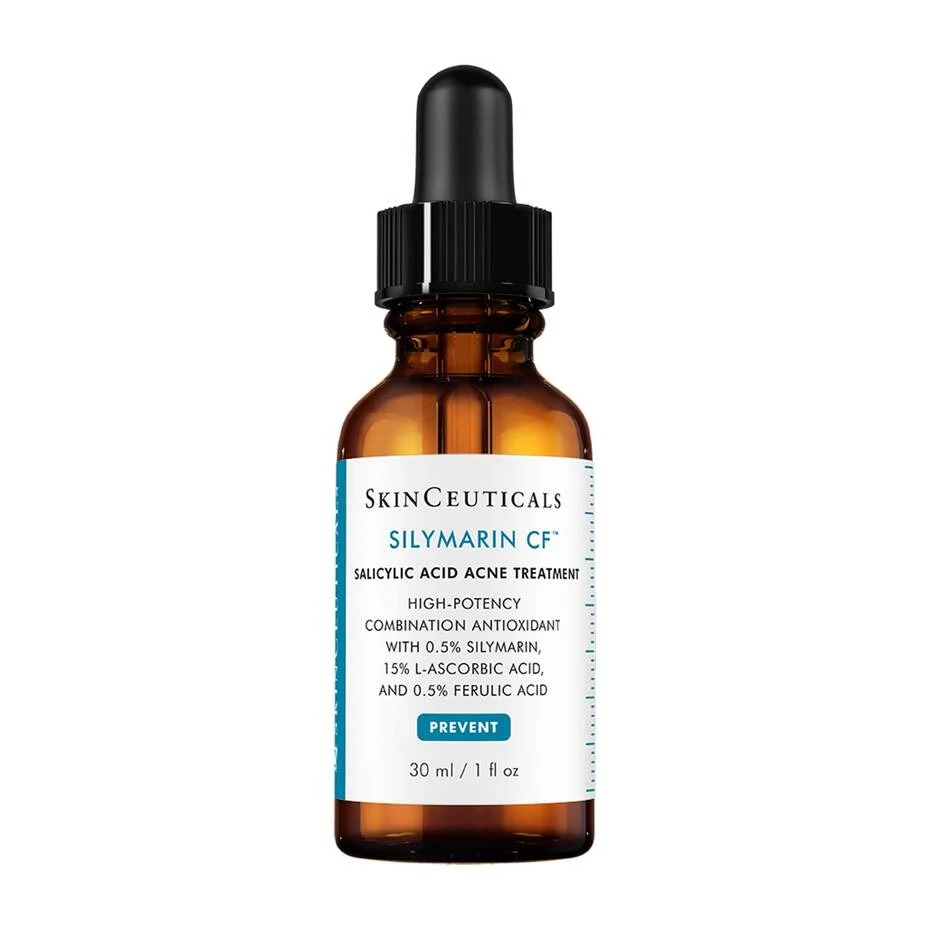
This vitamin C serum from SkinCeuticals is the oil- and acne-prone skin-friendly counterpart to the brand's popular C E Ferulic formula. It's completely oil-free and even helps reduce surface oiliness and refine skin texture.
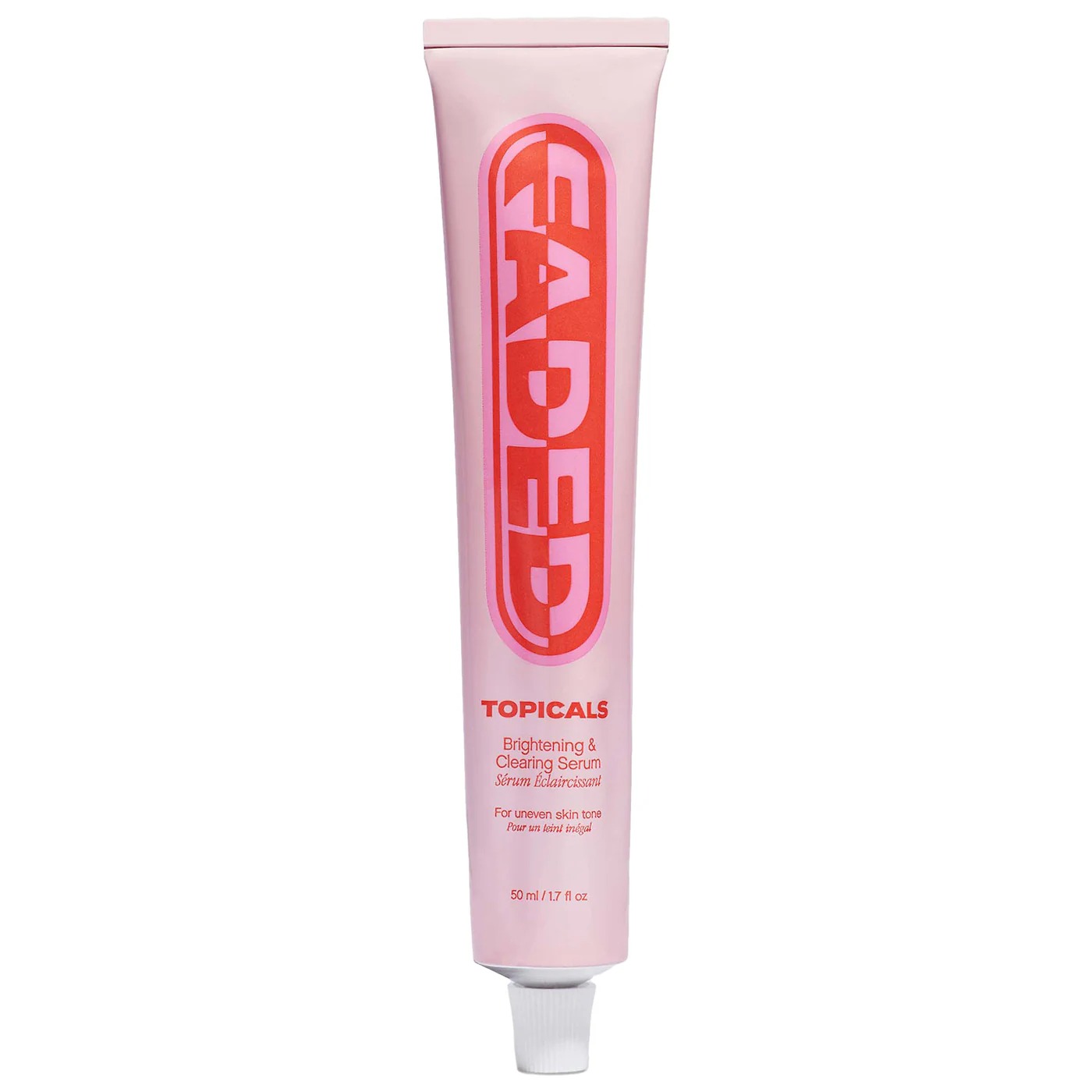
This serum is especially good for those who struggle with hyperpigmentation and post-acne scars. It contains tranexamic acid to help reduce marks, niacinamide, and azelaic acid to brighten tone and improve skin texture.
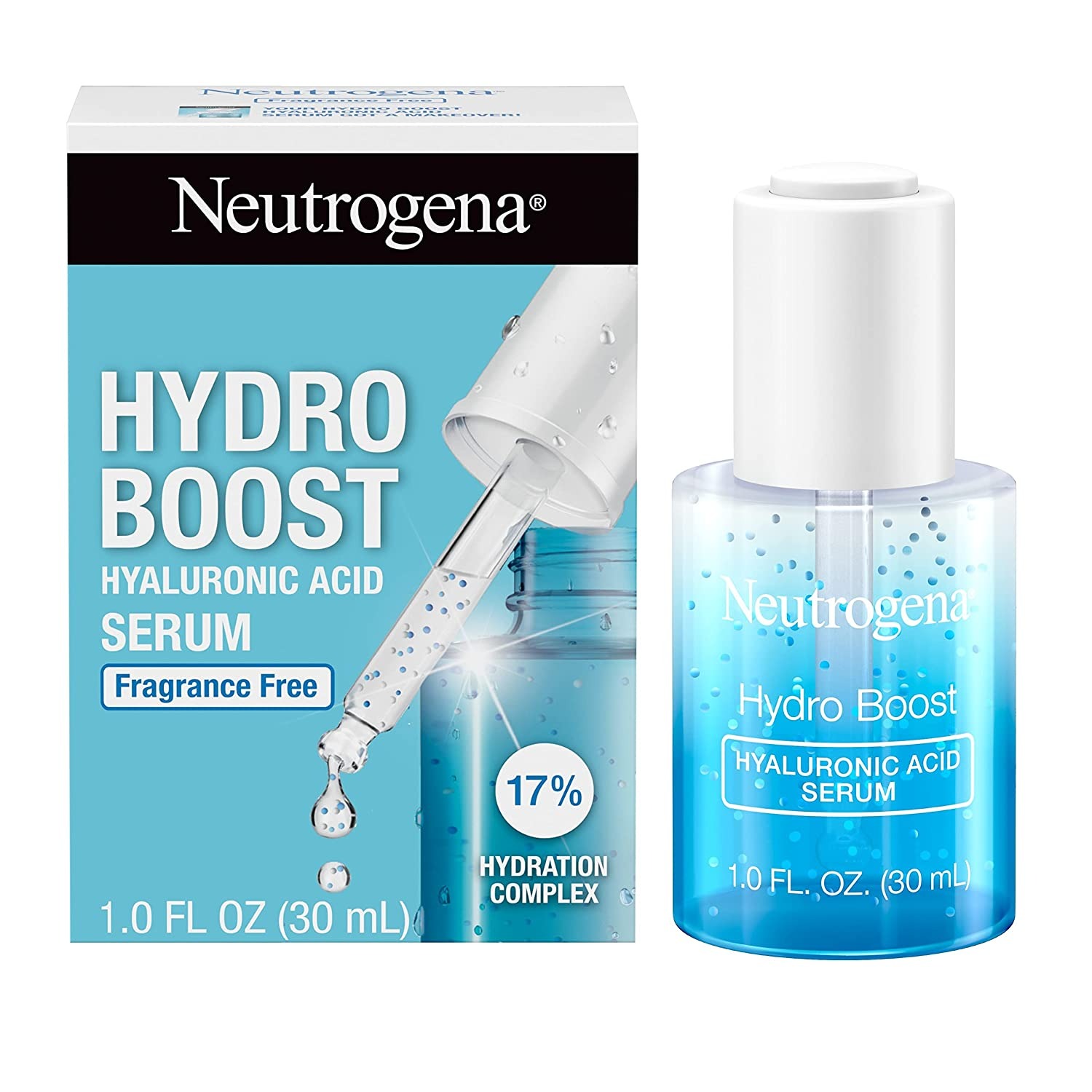
Oily skin needs extra hydration too. In fact, keeping your skin extra hydrated can help reduce excess oiliness on the surface. Neutrogena's Hydro Boost rocks in general, but this hyaluronic acid serum is great to incorporate into your routine if you tend to get oily since it provides moisture without extra oil.
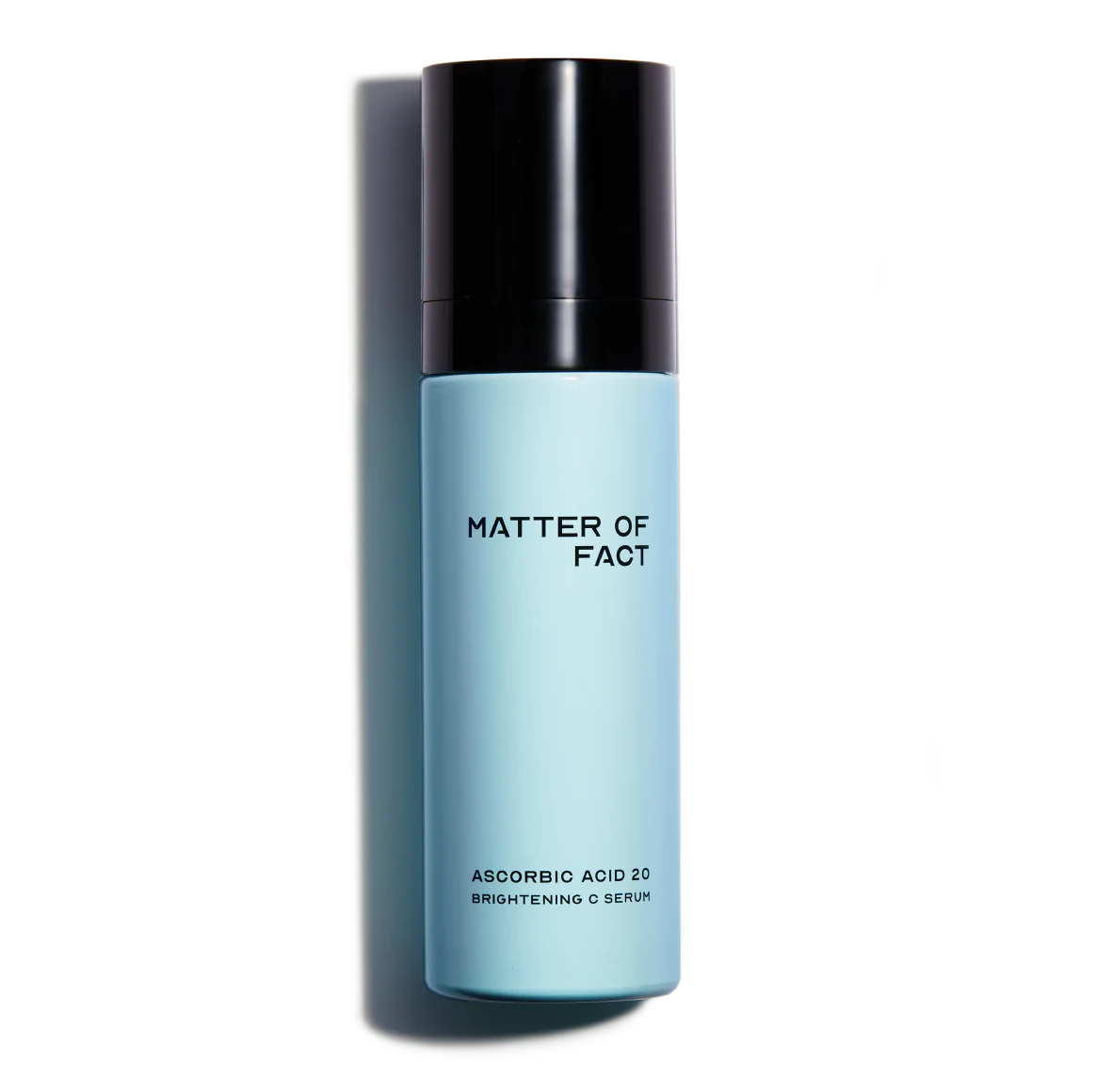
Matter of Fact's vitamin C serum is a favorite of mine. The ingredient list is pretty minimal, and it contains no pore-clogging ingredients, making it great for acne-prone skin. I also love that it hydrates with ingredients like urea but never leaves my skin looking or feeling like an oil slick. As someone who struggles with dehydrated skin that gets oily on the surface, it has been an absolute godsend.
Up Next: Derms and Facialists Cringe When People With Oily Skin Make This Common Mistake.
Shawna Hudson is a beauty, wellness, lifestyle, and travel writer with over 10 years of experience. She graduated from California State University, Fullerton, with a degree in journalism and has written for other publications such as Bustle, The Zoe Report, Byrdie, Elite Daily, and more. She is currently a beauty writer at Who What Wear and hopes to continue feeding her (completely out-of-control) beauty obsession as long as she can. Stay up to date on her latest finds on Instagram @shawnasimonee.
-
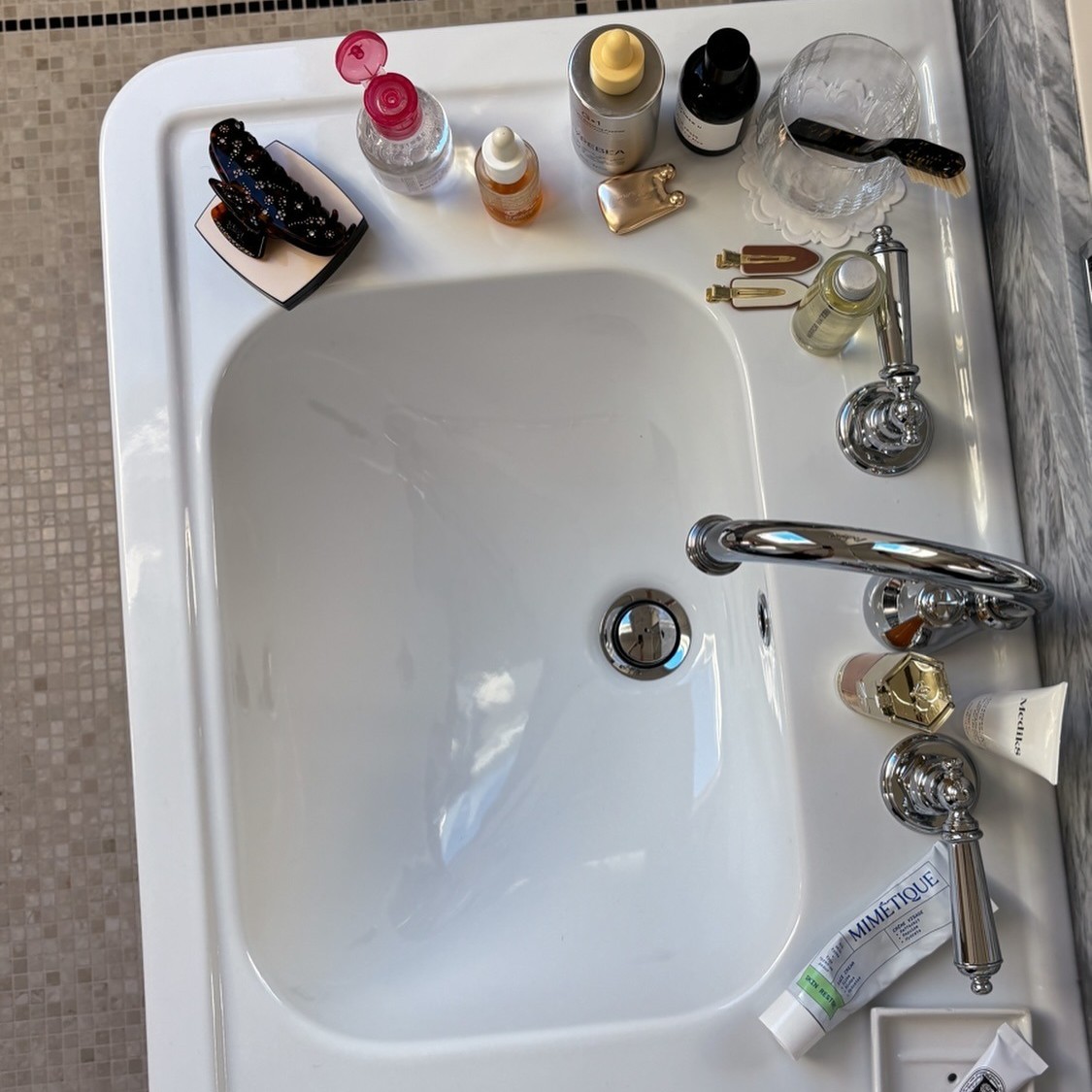 Derms and Beauty Editors (Hi, It's Me) Swear By This Straight-From-Nature Skin Hero That's DIY Mask–Approved
Derms and Beauty Editors (Hi, It's Me) Swear By This Straight-From-Nature Skin Hero That's DIY Mask–ApprovedThis is your sign to start slathering it on.
By Jamie Schneider
-
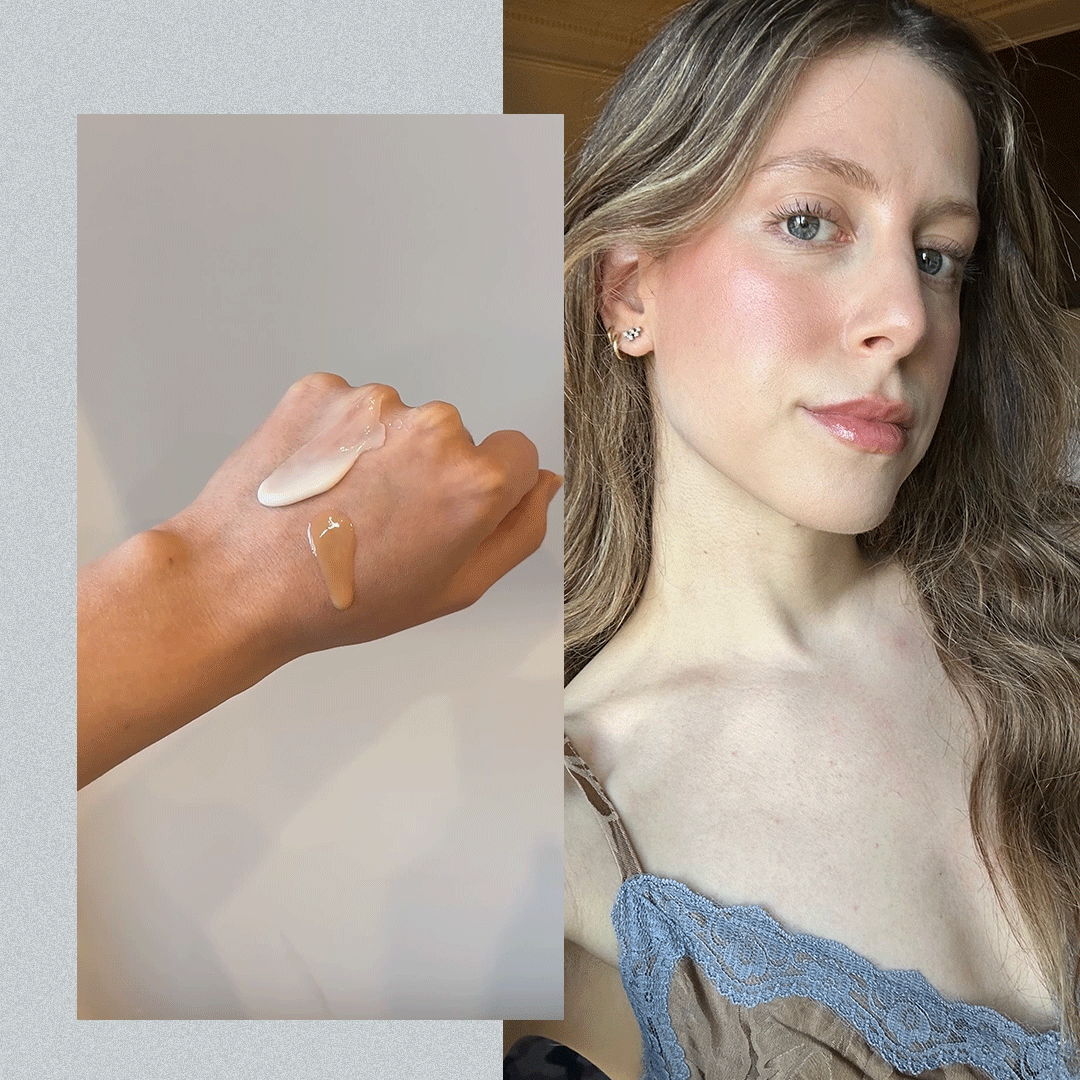 I Traveled 3635 Miles to Learn How to Get Rid of My Dark Spots—5 Game-Changing Tips
I Traveled 3635 Miles to Learn How to Get Rid of My Dark Spots—5 Game-Changing TipsHow far would you go for clear, smooth skin?
By Jamie Schneider
-
 A Derm Just Told Me This Under-Hyped Ingredient Can Replace My Growth Factor and Exosome Serums
A Derm Just Told Me This Under-Hyped Ingredient Can Replace My Growth Factor and Exosome SerumsIt truly does it all.
By Shawna Hudson
-
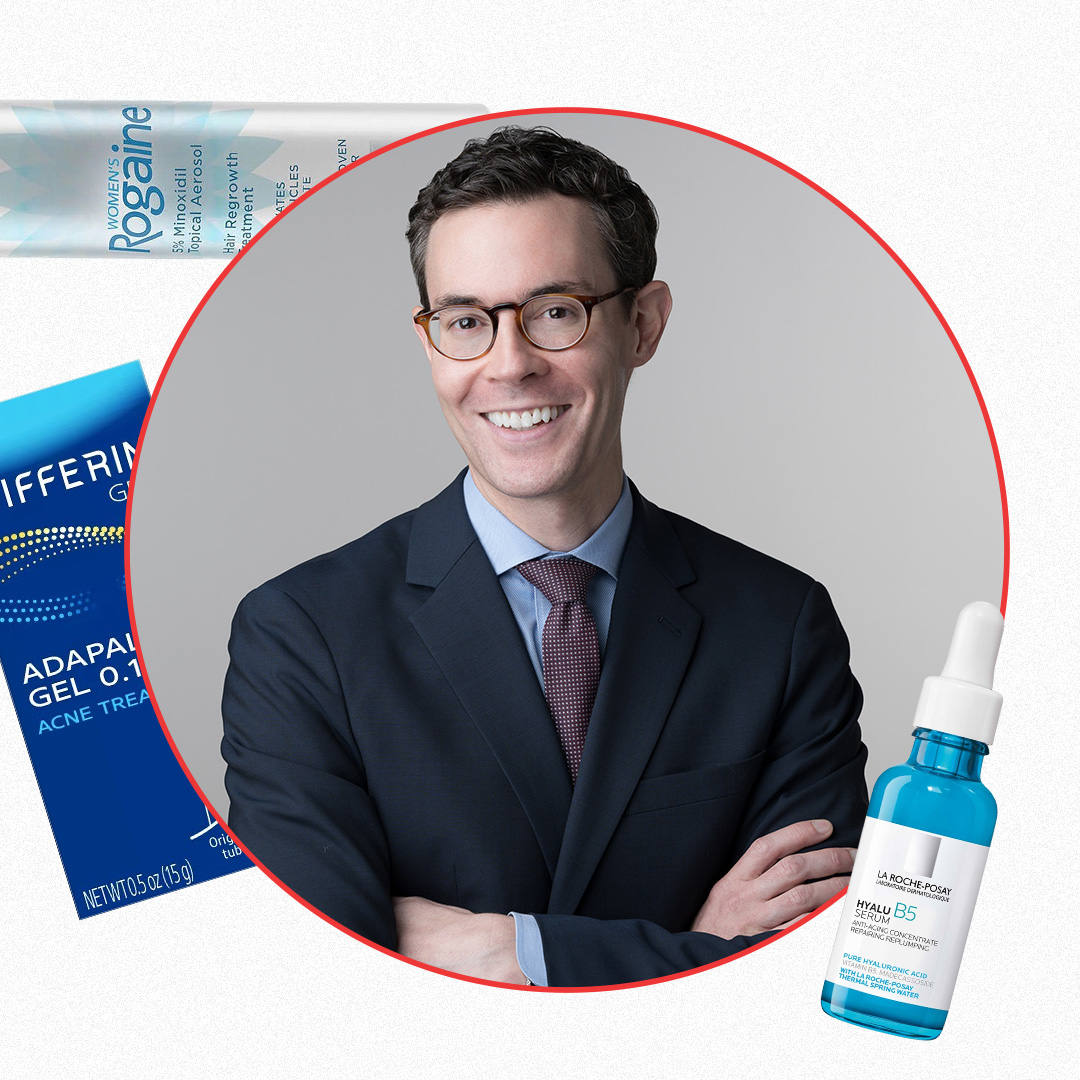 I'm a NYC Derm With Access to Spendy Treatments, But I Constantly Recommend These $40-or-Less Products
I'm a NYC Derm With Access to Spendy Treatments, But I Constantly Recommend These $40-or-Less ProductsYour expert-vetted shopping list. (No appointment necessary.)
By Kaitlyn McLintock
-
 2000 People Have Waited for This Injector-Developed Lip Plumper That Rivals Filler—It's Finally Here
2000 People Have Waited for This Injector-Developed Lip Plumper That Rivals Filler—It's Finally HereEveryone wants to try Dr. Whitney Bowe's newest product.
By Kaitlyn McLintock
-
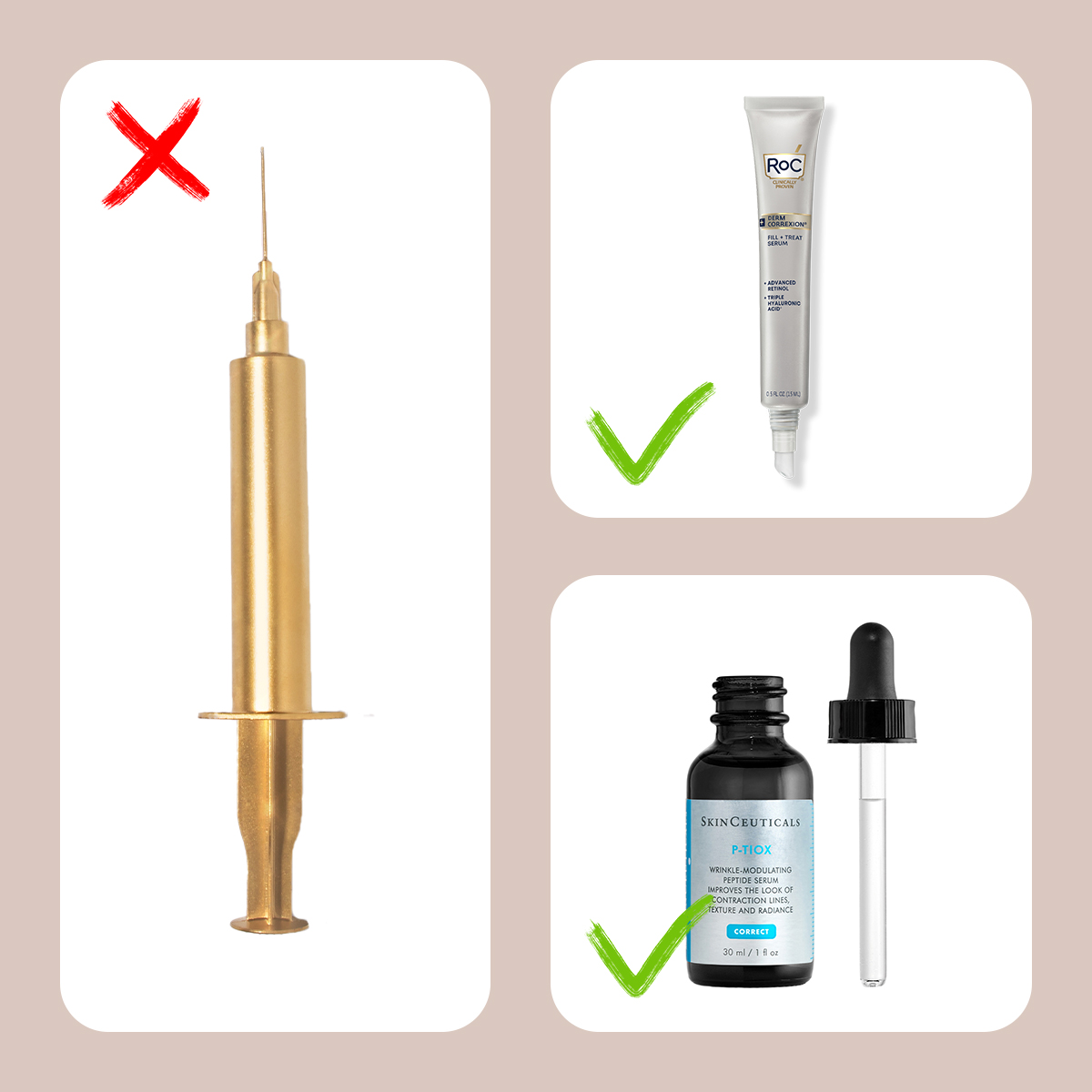 "Notox" Is Trending—Here's How Far Botox Alternatives Can Go, According to Experts
"Notox" Is Trending—Here's How Far Botox Alternatives Can Go, According to ExpertsTo inject or not to inject?
By Kaitlyn McLintock
-
 Instagram's Fave Derm Says This Device Is Her Best-Kept Travel Secret for Kicking Dry, Irritated Skin
Instagram's Fave Derm Says This Device Is Her Best-Kept Travel Secret for Kicking Dry, Irritated SkinShereene Idriss calls it "incredibly helpful."
By Kaitlyn McLintock
-
 Buh-Bye, Fine Lines! These 20 Squalane Skincare Products Are All You Need for a Strong Skin Barrier
Buh-Bye, Fine Lines! These 20 Squalane Skincare Products Are All You Need for a Strong Skin BarrierTake notes.
By Maya Thomas

